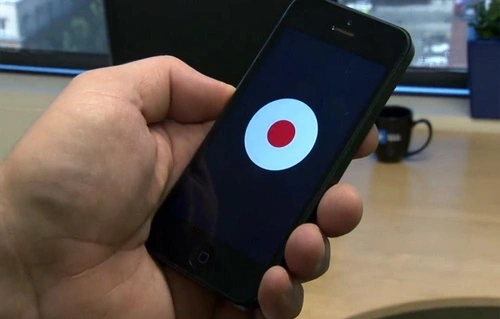No, it is not illegal to record a conversation in Texas if you are one of the participants in the conversation. Texas is a one-party consent state, meaning that only one party involved in the communication must consent to the recording. However, recording conversations you are not a part of, or doing so in violation of other privacy laws, is illegal and can result in serious legal consequences.
Understanding Texas Recording Laws
The legality of recording conversations in Texas is governed by Texas Penal Code Section 16.02, which addresses the interception of oral, wire, and electronic communications. Texas law aligns with federal wiretapping laws, which also use the one-party consent standard.
1. One-Party Consent
- If you are participating in a conversation, you can legally record it without informing the other parties.
- If you are not part of the conversation, recording it without the consent of at least one participant is considered illegal wiretapping or eavesdropping.
2. Public vs. Private Conversations
- Public Conversations: Conversations in public spaces where there is no reasonable expectation of privacy can generally be recorded without consent.
- Private Conversations: Recording private conversations in settings where participants reasonably expect privacy (e.g., homes or private offices) requires at least one party’s consent.
3. Intercepting Communications
Using devices to secretly intercept or monitor conversations without being a participant is illegal under both Texas and federal laws.
Penalties for Illegal Recording in Texas
Recording conversations without proper consent can result in both criminal and civil penalties:
1. Criminal Charges
- Illegal recording is classified as a felony in Texas.
- Penalties include fines, imprisonment, or both, depending on the severity of the offense and the circumstances.
2. Civil Liability
- Victims of illegal recording can file a lawsuit seeking damages.
- Statutory damages may include $10,000 per violation or three times the actual damages, whichever is greater.
Exceptions to the Rule
Texas law allows for specific exceptions where recording conversations may not require one-party consent:
1. Law Enforcement
Authorized law enforcement officers can record conversations without consent if they have a warrant or are acting under legal authority.
2. Public Interest
In certain cases, courts may allow recordings made to expose illegal activities, though this often depends on specific circumstances and judicial discretion.
3. Employer Monitoring
Employers may monitor employee communications in the workplace if they provide notice or have consent from at least one participant, especially on company-owned devices.
Recent Legal Developments
1. Workplace Recording
Recent court cases in Texas have clarified that employees cannot secretly record workplace conversations with colleagues or supervisors without consent. However, if the recording party is part of the conversation, it is permissible under the one-party consent rule.
2. Social Media and Digital Sharing
With the rise of social media, Texas courts have seen an increase in cases where illegally recorded conversations are shared online. Courts have ruled that sharing such recordings can lead to additional defamation or invasion of privacy claims.
3. Use of Smart Devices
Devices like Amazon Alexa and Google Home, which may inadvertently record conversations, have raised legal questions. Texas courts emphasize that consent laws apply to such devices, and users should ensure compliance.
How to Record Conversations Legally in Texas
- Be a Participant: Ensure you are part of the conversation before recording.
- Obtain Consent: If you are not a participant, get consent from at least one person involved.
- Avoid Eavesdropping: Do not use devices to intercept or record conversations you are not a part of.
- Public Settings: Recording in public spaces is generally allowed if there is no reasonable expectation of privacy.
Related FAQs
Q1. Can I record a phone call in Texas without informing the other person?
Ans: Yes, if you are a participant in the phone call, you can legally record it without notifying the other person.
Q2. Is it illegal to record a conversation I am not part of?
Ans: Yes, recording a conversation you are not involved in is illegal and considered wiretapping.
Q3. Can employers in Texas record workplace conversations?
Ans: Employers can record conversations involving company equipment or property if they comply with notice and consent requirements.
Q4. Can I record conversations in public places in Texas?
Ans: Yes, conversations in public spaces without an expectation of privacy can generally be recorded.
Q5. What happens if someone records me without my consent?
Ans: If the recording violates Texas law, you may file a criminal complaint o civil lawsuit seeking damages.


